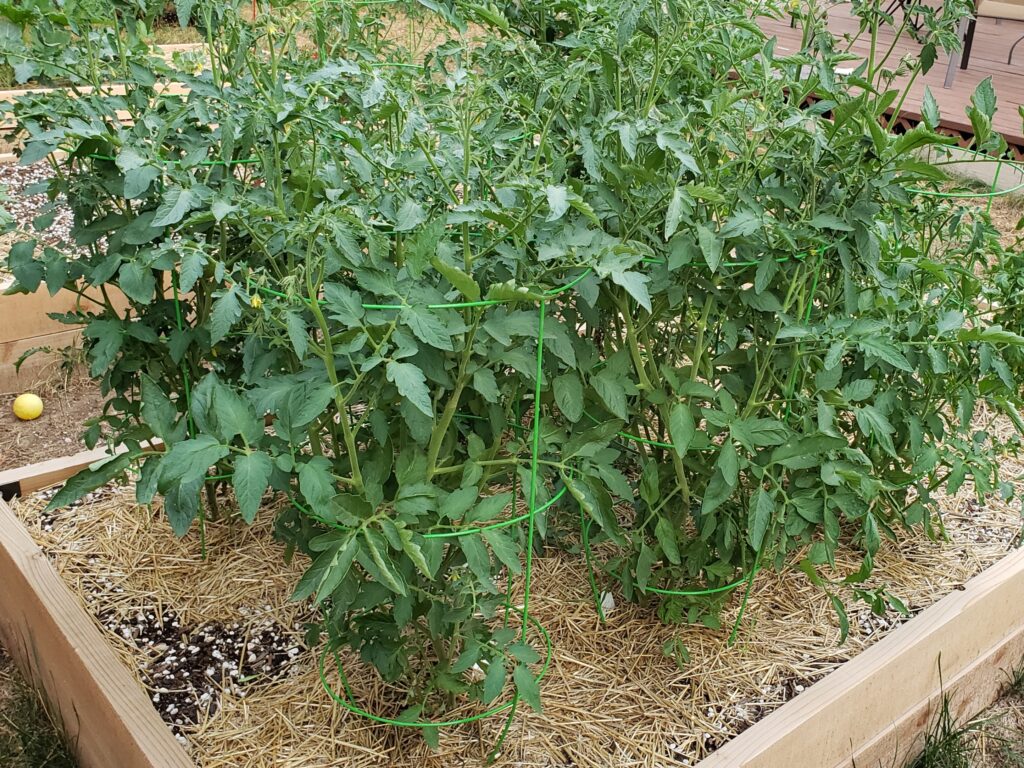
What are the benefits of a raised vegetable bed?
There are many advantages to implementing a raised vegetable bed. These beds are well-suited to growing carrots, potatoes and other root crop, and can save time and effort spent in tilling. The lack of compaction and rocks in the soil allow for a more-prolific and attractive crop. Raised beds are also well-suited to meet the needs of gardeners with back problems, or other physical limitations that might inhibit their ability to participate in growing their own food. Additionally, vegetable gardening in raised beds vs. traditional beds has shown to increase yields.
Can should I plant in a raised bed?
Raised beds reduce the space required between rows because walking in the bed is not required for maintenance of vegetable plants. Planting densities can be higher. Ideal planting intervals in a raised bed should consider the mature size of plants to avoid crowding. However, vegetables should be planted close enough to other plants to shade out weeds. A raised bed does not have to be framed. An unframed raised bed eases the use of power-tillers, and allows access for other heavy machinery. A framed raised bed will reduce soil erosion, and provide a long-term gardening solution. To build sides for a raised bed, use untreated lumber, pavers, “snap-together” frames, or brick.
How big should my raised bed be?
A well-constructed bed should be at least 2′ tall and no wider than 4′, but can be as long as desired. Mark off the intended surface area with twine, build the walls to the planned height, and fill the bed with a light-weight soil. Avoid using soil that includes a heavy salt content. Include 5% organic material. After the first crop year, perform a soils test to determine if additional soil amendments are desired.
Squash, melon and sweet corn perform more consistently when planted directly in the ground.



